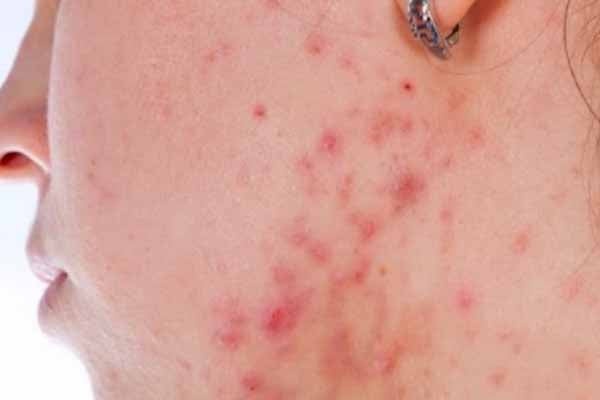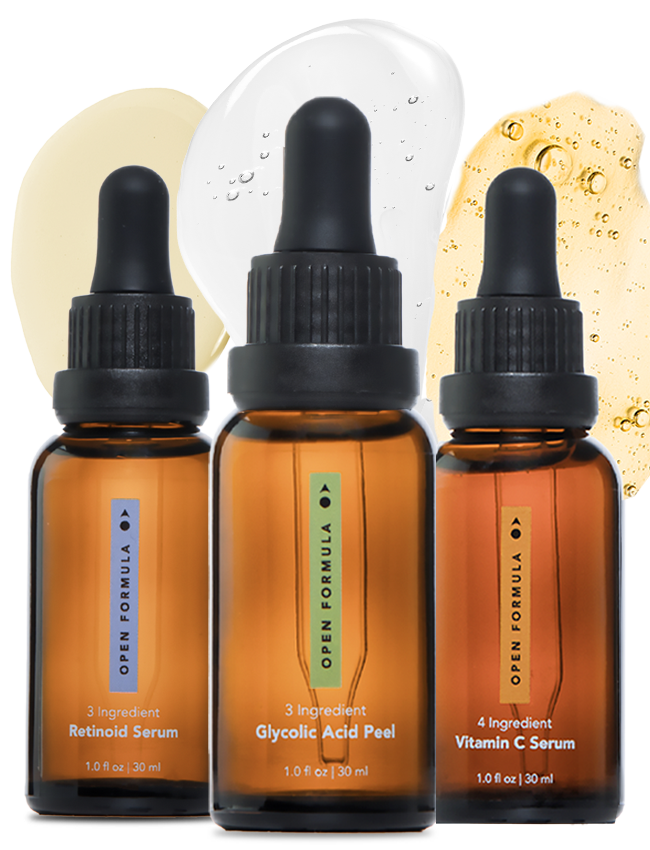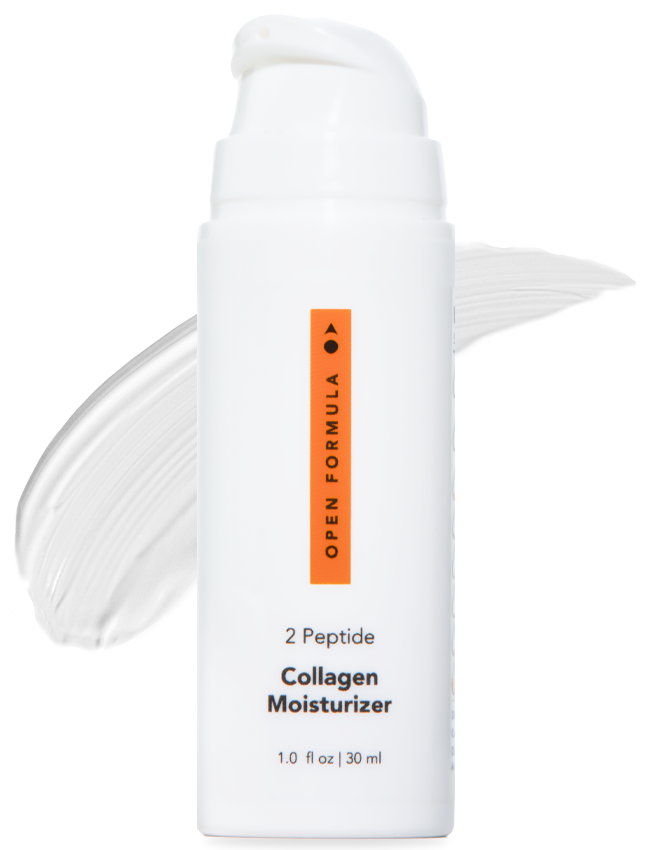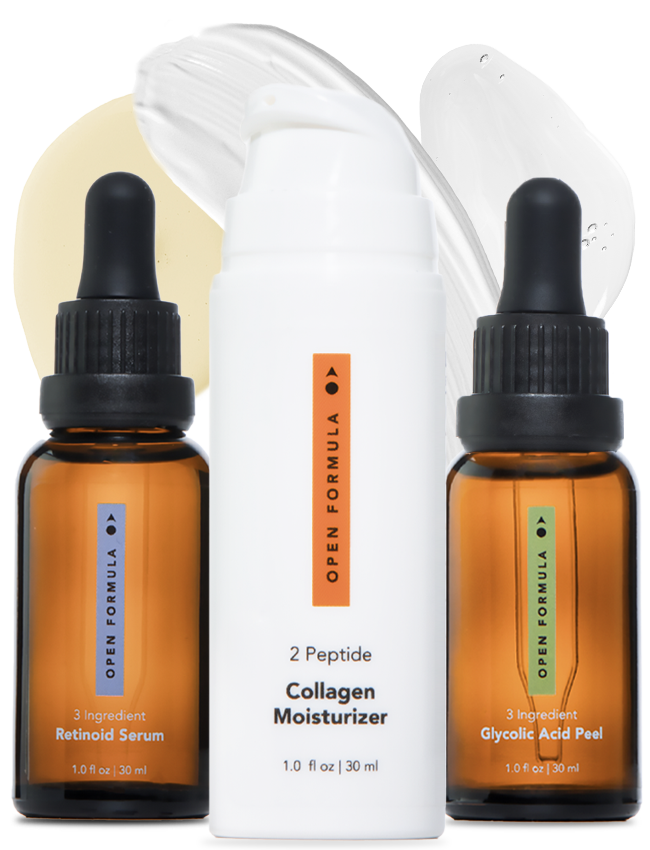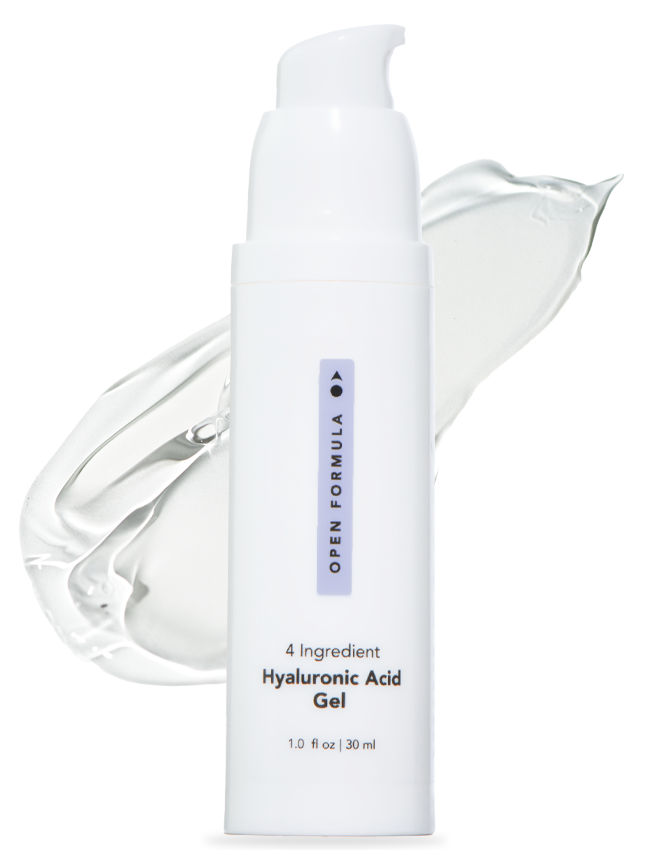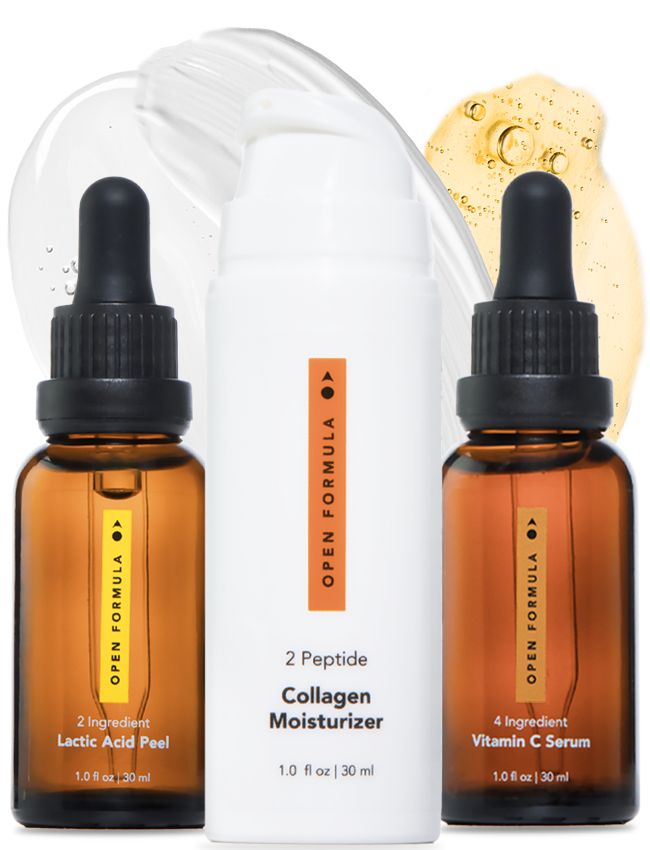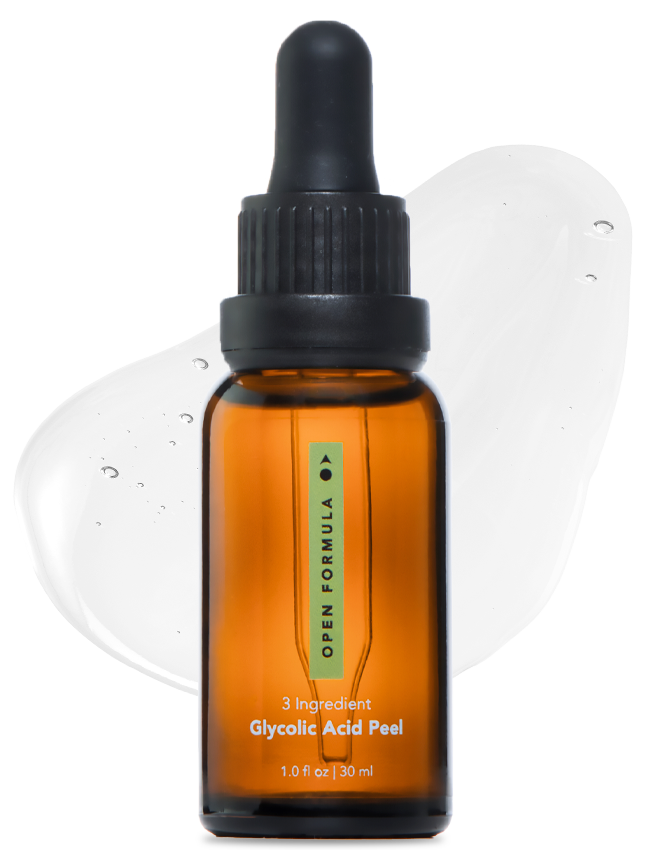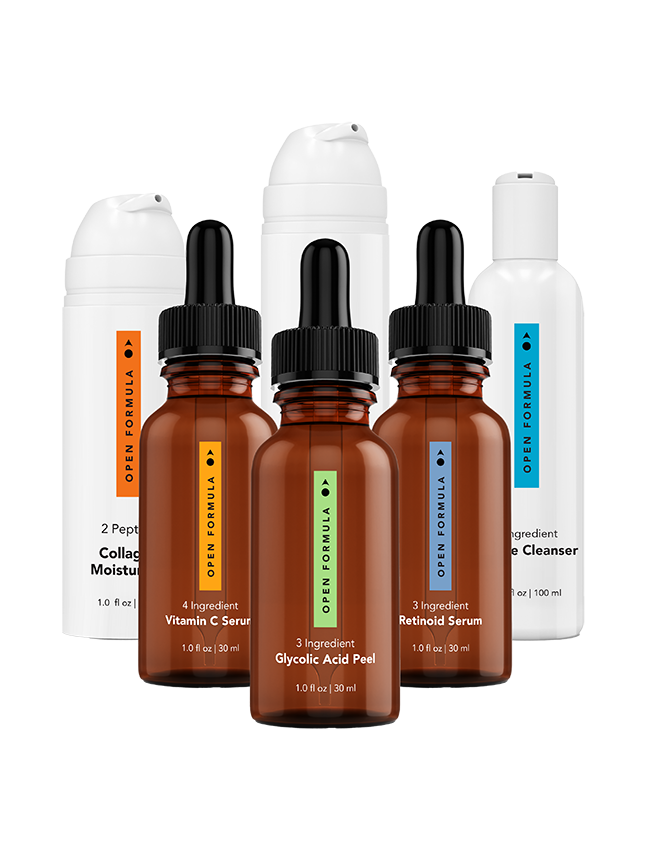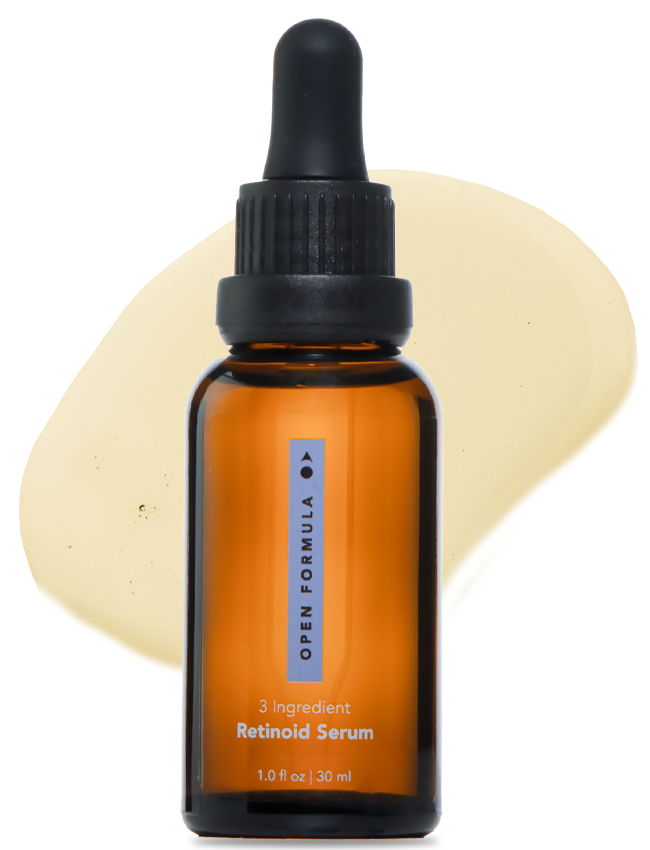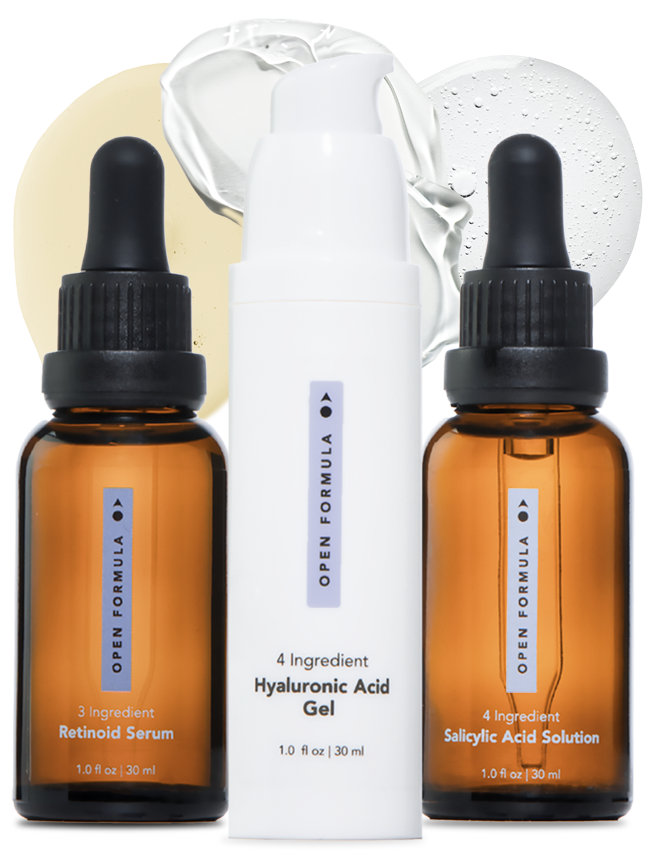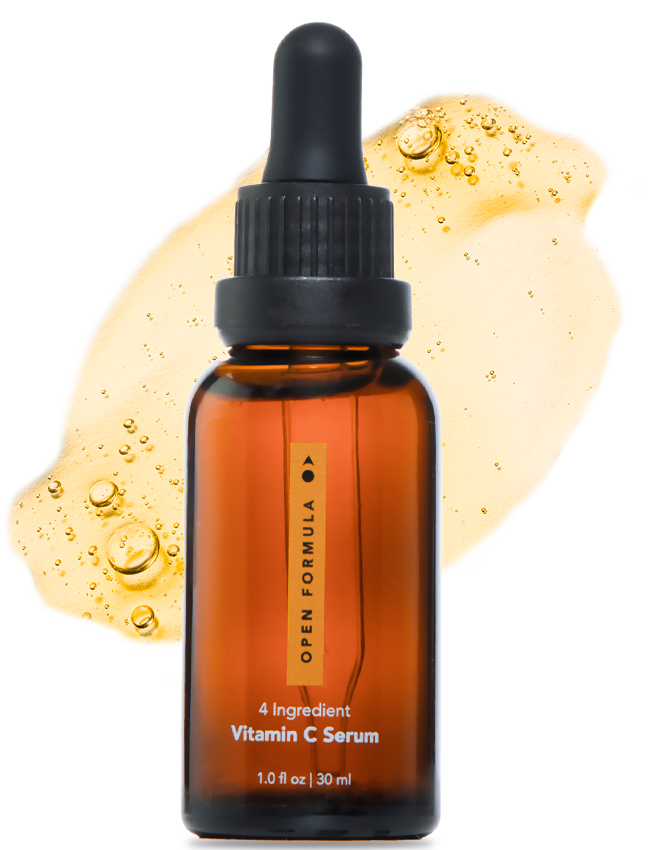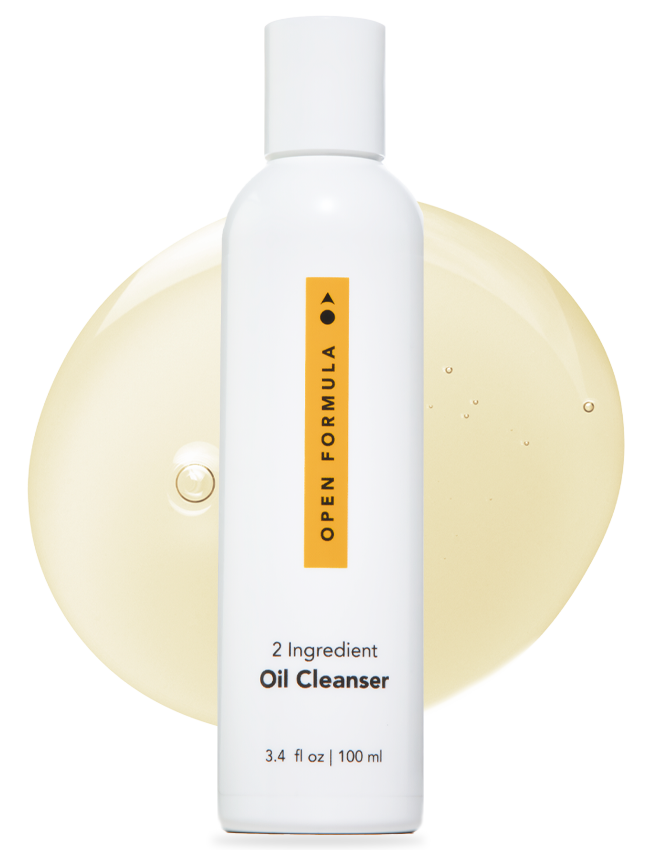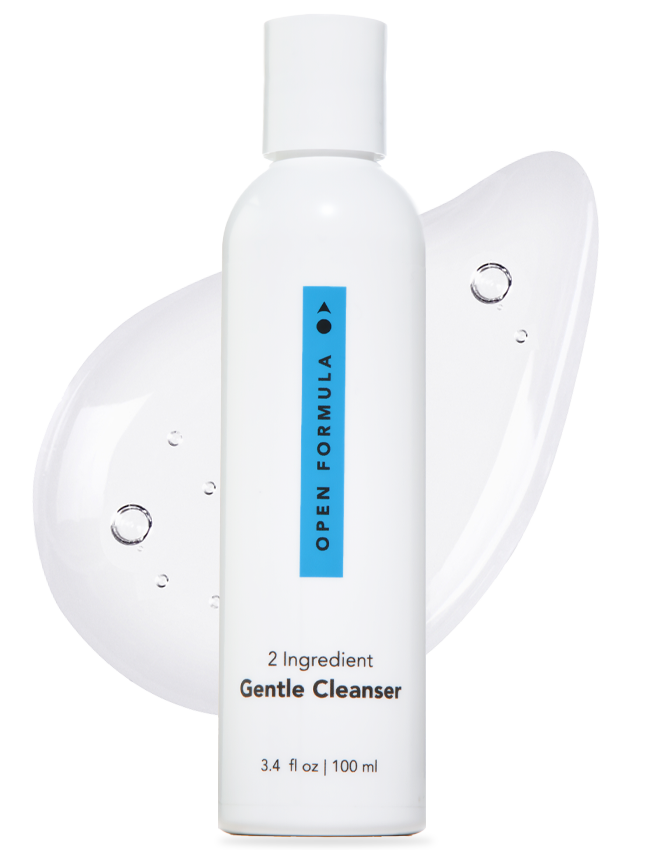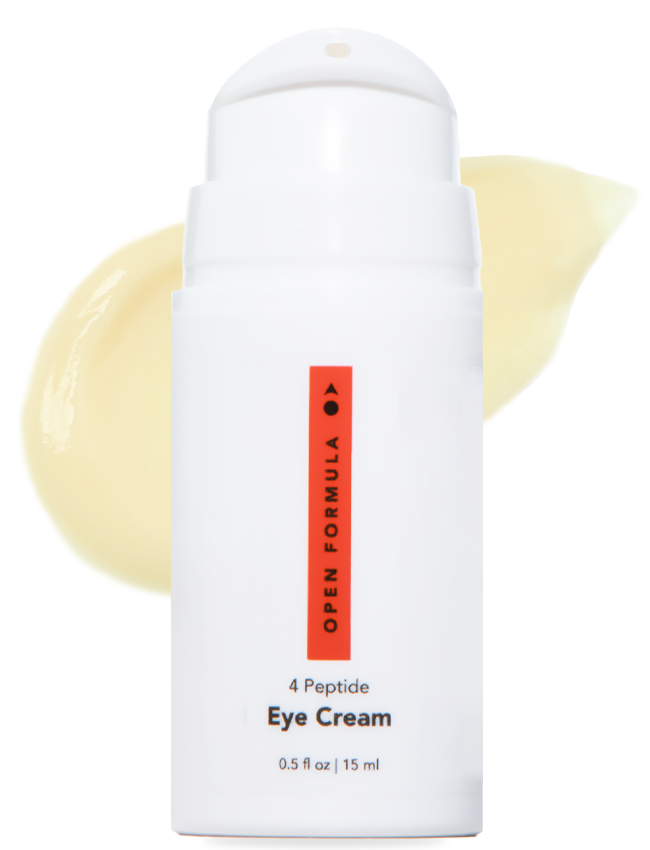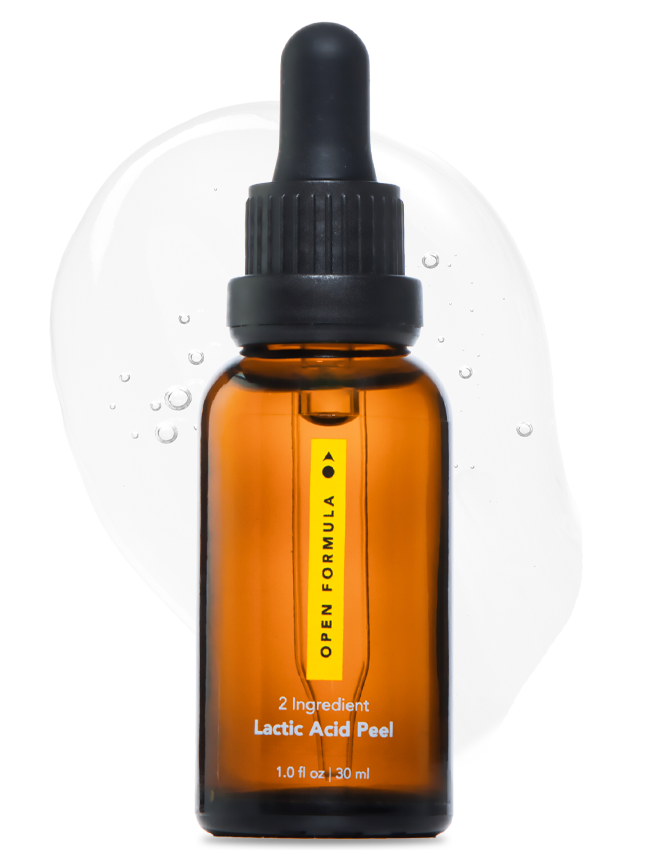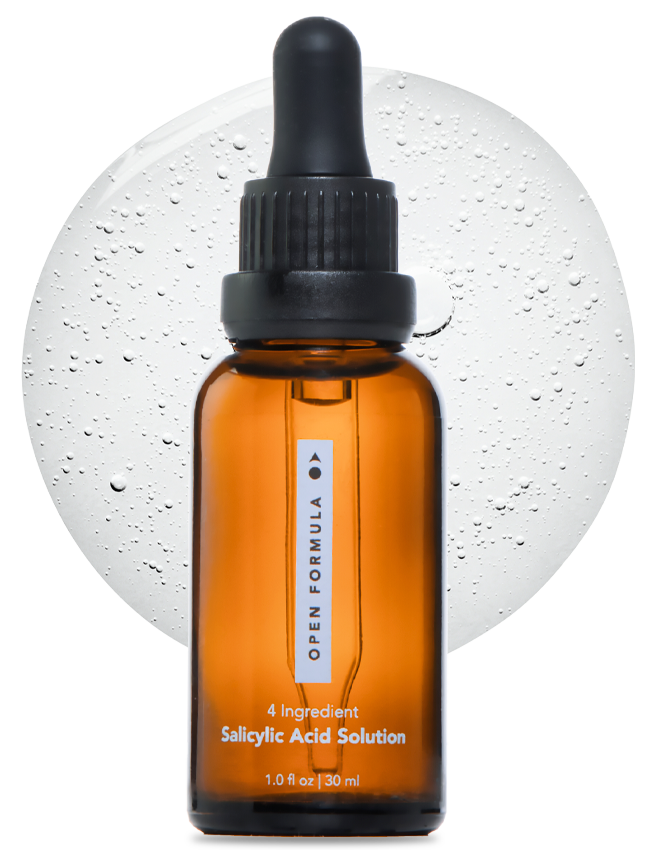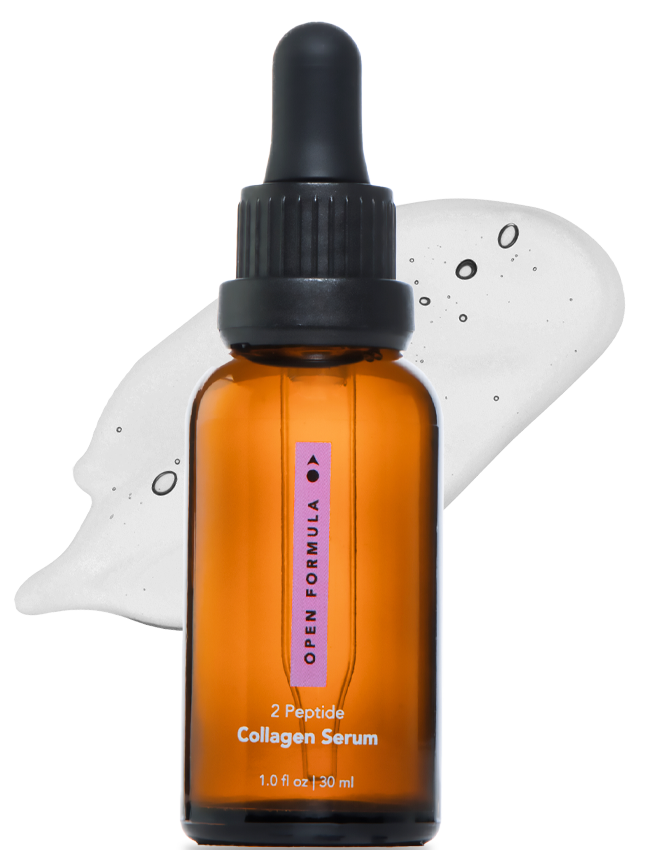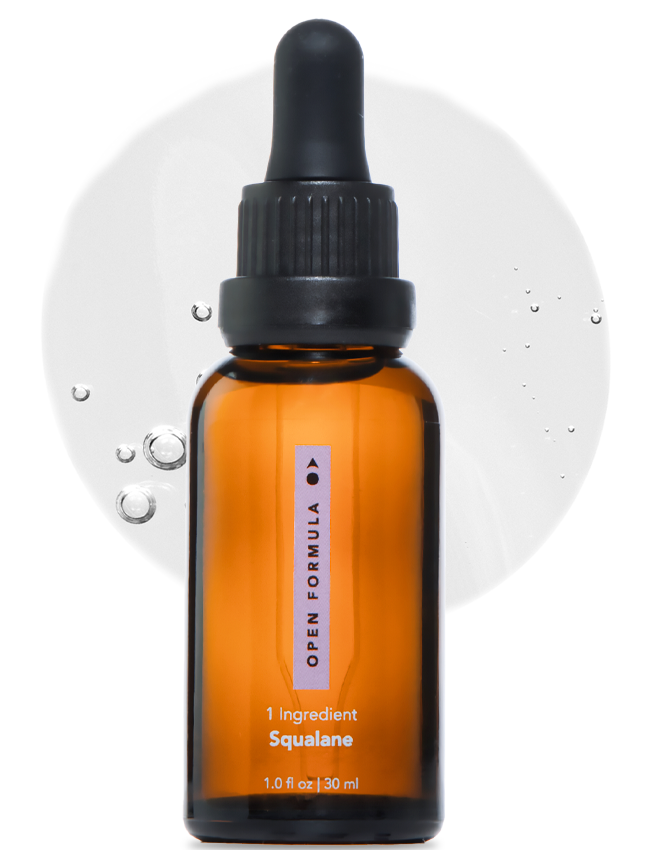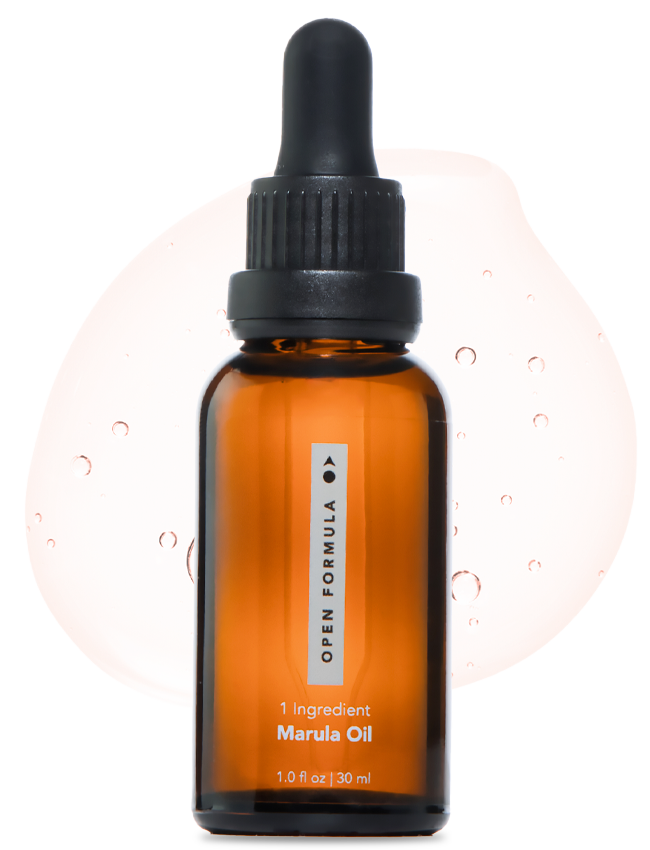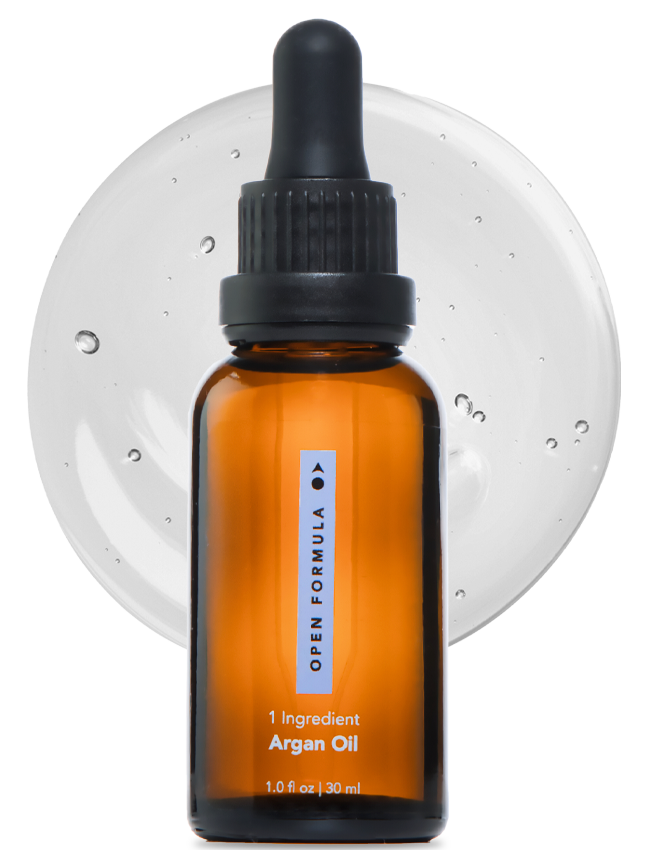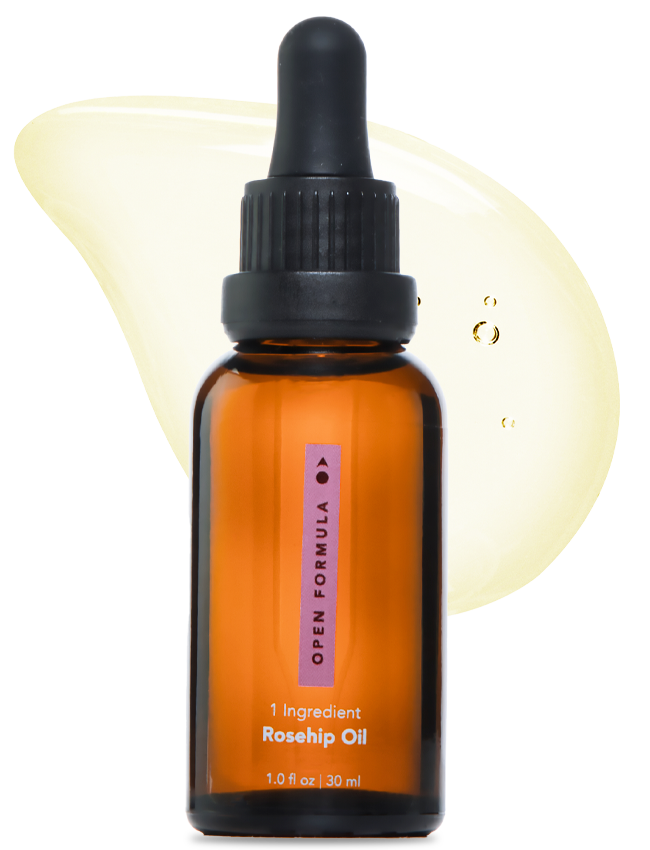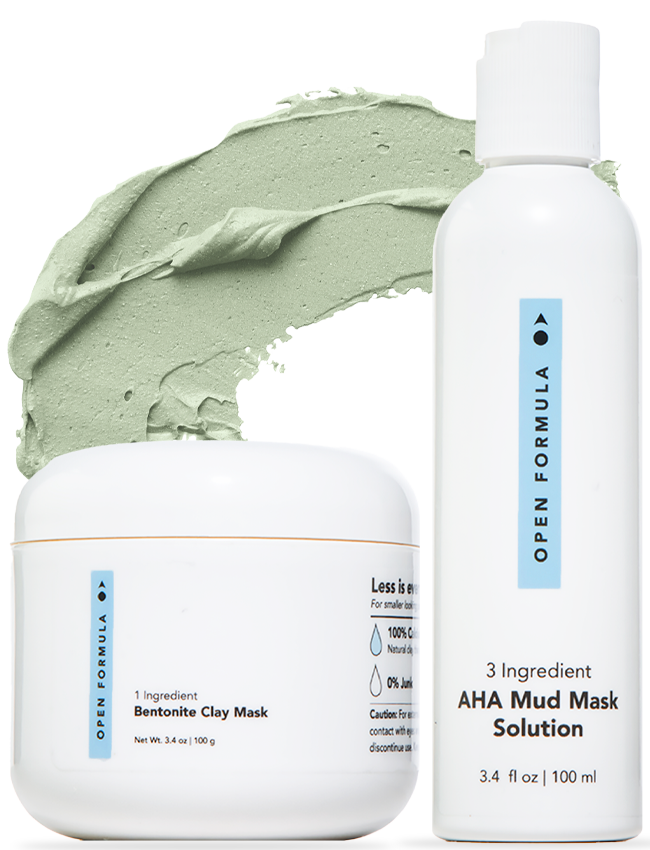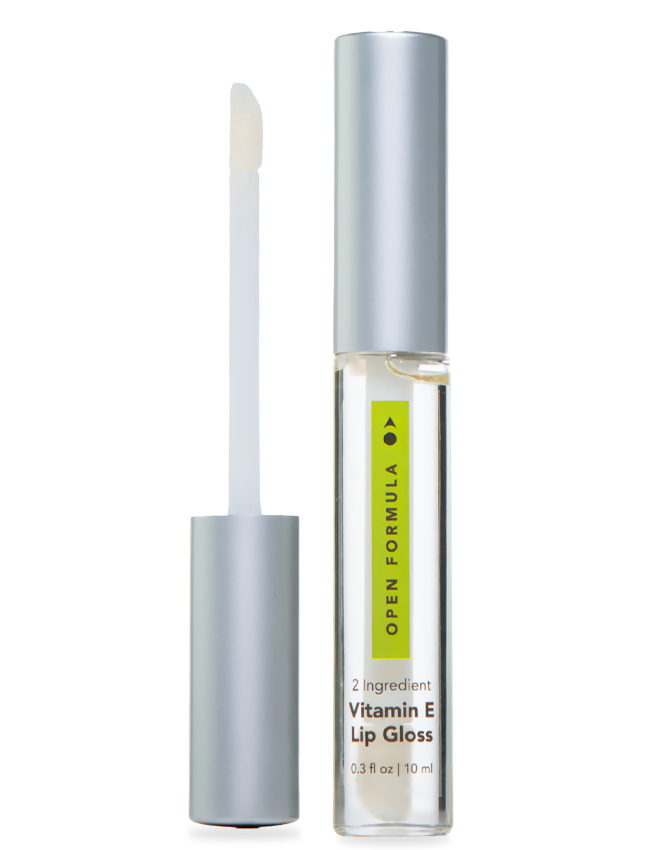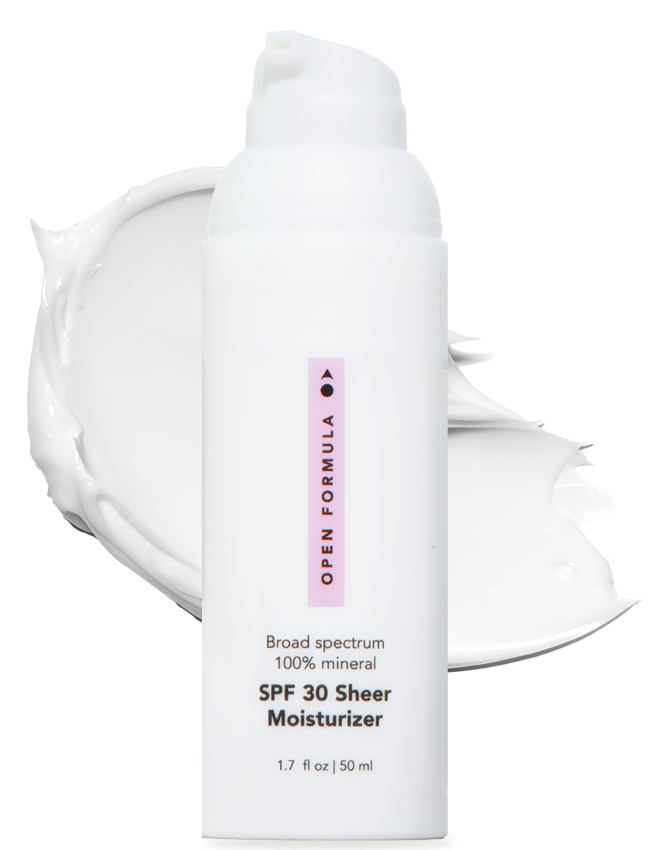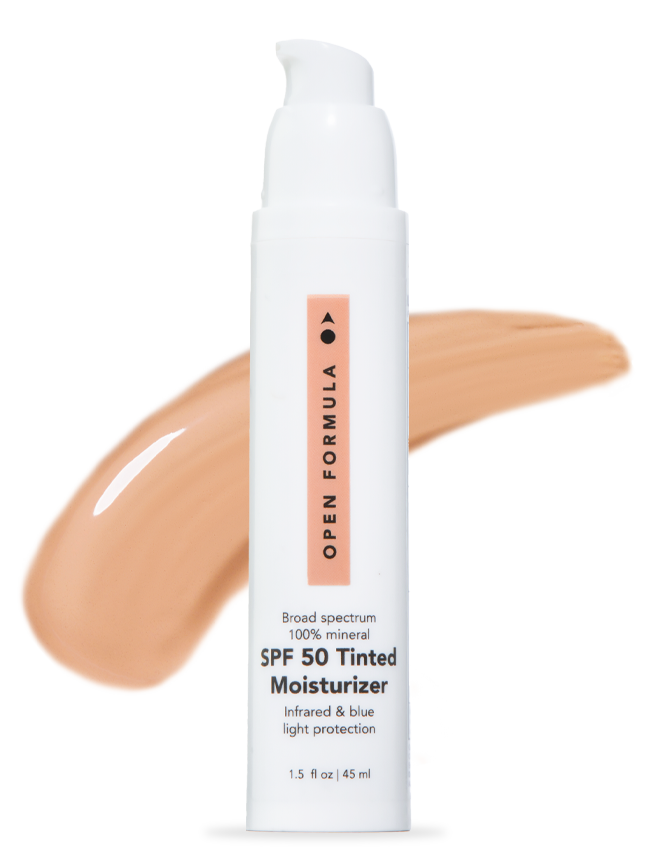The #1 skin condition, acne, affects 9.4% of the global population, making it the 8th most prevalent disease on the planet. These are whopping statistics, so what is acne?
What is Acne?
Acne is a skin condition that occurs when the pores become clogged with oil, dirt, and dead skin cells. Pores are hair follicles. It develops when sebum, the skin’s natural oil that lubricates your hair and skin, mixes with dirt and dead skin cells turning into buildup that clogs pores. These clogged pores lead to a common breakout. And when you add bacteria to that clogged pore, it triggers inflammation and infection and you get a more severe type of acne.
It usually appears on the face, forehead, chest, upper back, and shoulders. It affects people of all ages, but is most common in teenagers. For teenagers it gets its start when hormonal changes begin. As testosterone increases it signals the body to produce more sebum. Which means a higher rate of clogged pores.
Types of Acne
There are many different types of acne, though they all have one thing in common clogged or plugged pores. The difference between the types comes down to the underlying causes and substances in the pore. The types of acne are broken down into two basic categories, non-inflammatory and inflammatory.
Non-inflammatory
Non-inflammatory acne is closer to the skin’s surface and doesn’t have a bacteria related basis. It includes whiteheads and blackheads. Whitehead and blackheads are common to almost every person.
- Whiteheads
Whiteheads are tiny white dots under the skin that don’t have an obvious opening at the skin’s surface. Think of whiteheads as closed clogged pores.
- Blackheads
Blackheads are open clogged pores with that mix of sebum, dirt and dead skin cells at the center. When that mix of gunk is exposed to air, it oxidizes and turns a dark color, hence the name, blackhead.
Inflammatory
When you see pores that show swelling, redness and that are deeply clogged with bacteria, dead skin cells, and oil, that’s called inflammatory acne. Here are the symptoms:
- Papules
- Small pus filled red tender bumps.
- Pimples or Pustules
- Larger inflamed papules with pus at their tips.
- Nodules
- Solid feeling, pus filled, painful lumps that lie beneath the surface of the skin.
- Cystic Lesions
- Cysts are the most severe form of inflammatory acne. Much like nodules, they sit below the surface of your skin. Usually these large pus-filled, painful lumps are painful to the touch.
Treatment Options
Non-inflammatory Acne
A daily skincare routine goes a long way towards treating and preventing non-inflammatory acne. A full routine includes daily washing, exfoliating with acids, moisturizer, SPF, retinoids and salicylic acid products. Below is more about the focused skincare ingredients.
- For Your Skincare Routine
- Salicylic acid. This acid is beta-hydroxy acid or BHA. What makes this acid superior for acne treatment is that it’s soluble in oil. Salicylic acid works to dissolve the build up oils and gunk, making it easier to wash those pore clogging components away.
- Acid Exfoliants. Exfoliating with acids is a must. They soften and slough off that build up of dead shed skin cells. Keeping the build up of shed cells to a minimum reduces the chances for clogged pores.
- Retinoids. Retinoids make up an entire scope of Vitamin A derived compounds. They are the gold standard in acne treatments because they effectively slough off all those dead skin cells. Plus, retinoids decrease oil production, reduce inflammation, soothe acne scarring, and lighten up any leftover redness after a pimple has gone away.
- SPF. SPF is a must not just for every skin type, but especially acne prone skin. Studies have shown that acne actually increases from unprotected sun exposure. Plus, the use of retinoids increases your skin’s sun sensitivity, meaning it burns and damages more easily. If you’re using retinoids without SPF, you're undoing the benefits from the retinoid through sun damage.
Inflammatory Acne
The trouble with inflammatory acne is if you pop any the clogged pores you run the risk of spreading bacteria to neighboring pores, increasing the breakout and inflammation. One way to avoid an increase is to use a skincare routine designed with acne in mind, and always begin treatments as soon as it pops up. In addition to a good skincare routine, you may need the following:
Some severe forms of acne require professional care. A dermatologist or esthetician can provide professional care and services like:
- Chemical peels. Peels use acids like salicylic, glycolic or retinoid acid to deeply exfoliate the top layer of skin. These professional level products come in strengths unavailable over the counter.
- Drainage and extraction. Special tools to gently remove whiteheads and blackheads that haven't cleared up through other products. Extraction and drainage may cause scarring.
Dermatologists provide the strongest level of care, including the following:
- Antibiotic. An antibiotic can be prescribed for both oral or topical treatments of acne. The antibiotic fights the infection and reduces inflammation.
- Prescription retinoids. Stronger prescription strength retinoids like Accutane and Differin, are only available through a doctor. Though they come with significant negative side effects.
- Steroid injections. Cystic and nodular acne can be treated by injecting a steroid drug directly into them. This treatment has shown rapid improvement and a decrease in pain.
If you do have acne, know you are not alone and that there are many different treatment options. So there’s always hope. With mild forms you can get good results from a regular consistent skincare routine. And there’s always professional help if acne worsens or doesn’t respond to over the counter treatments.

